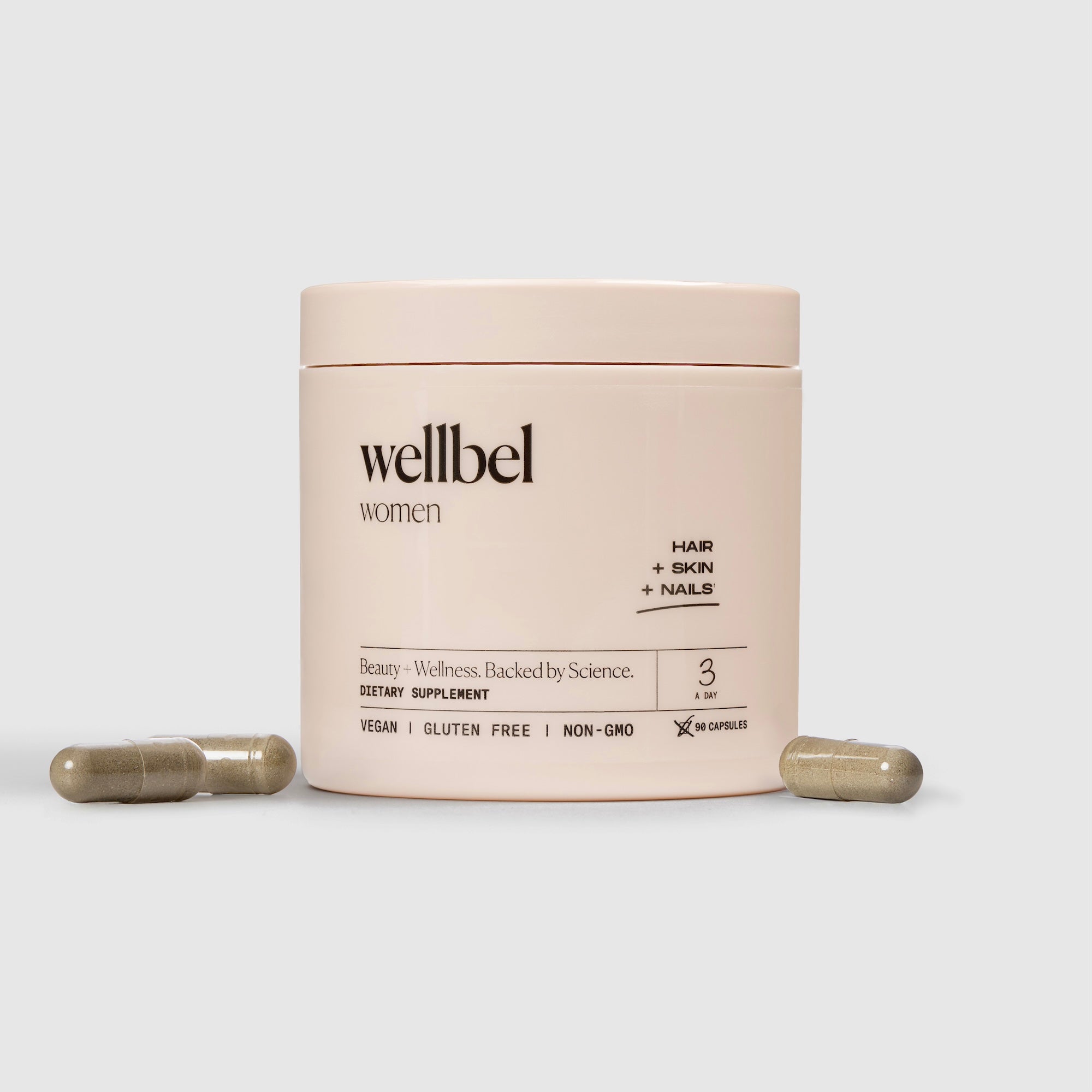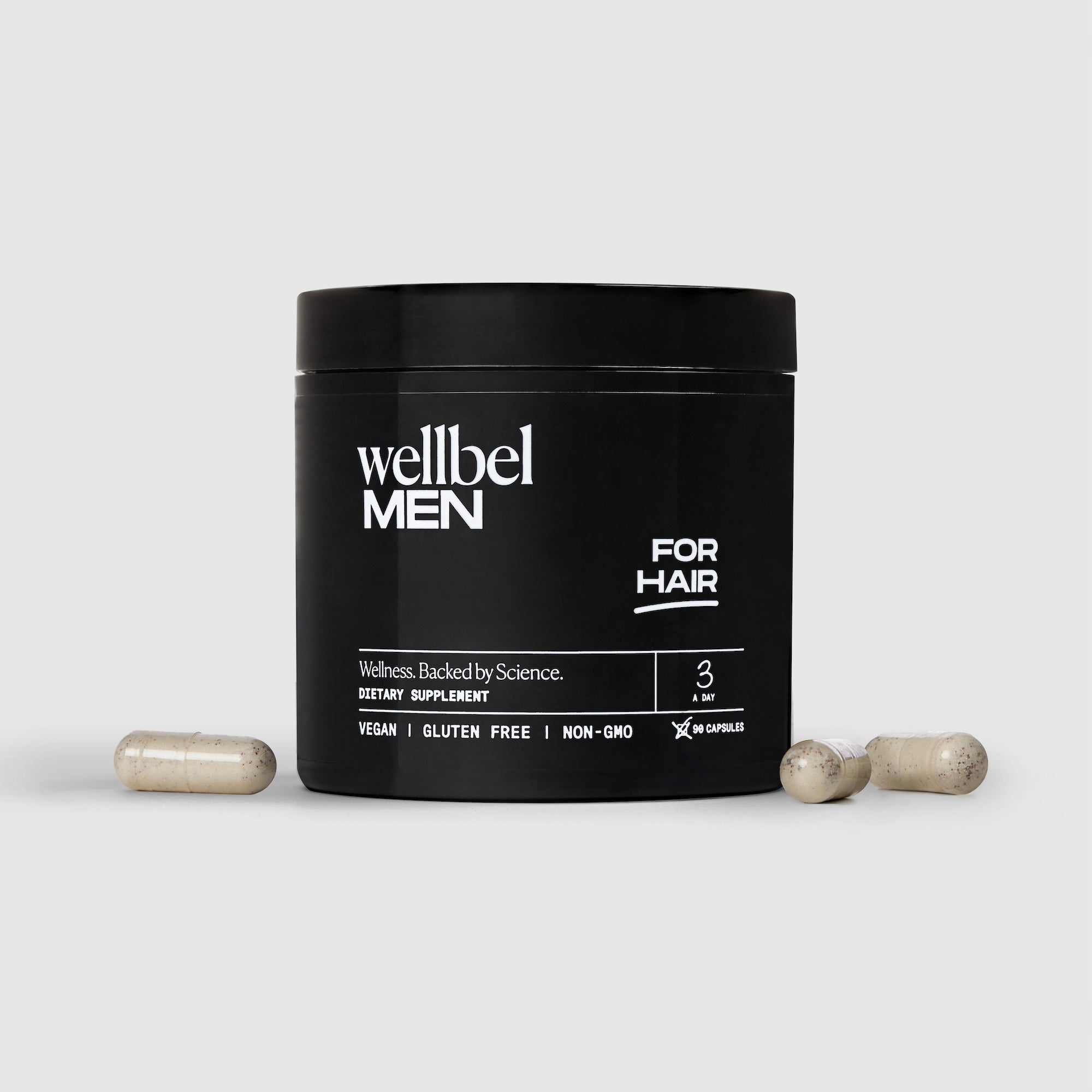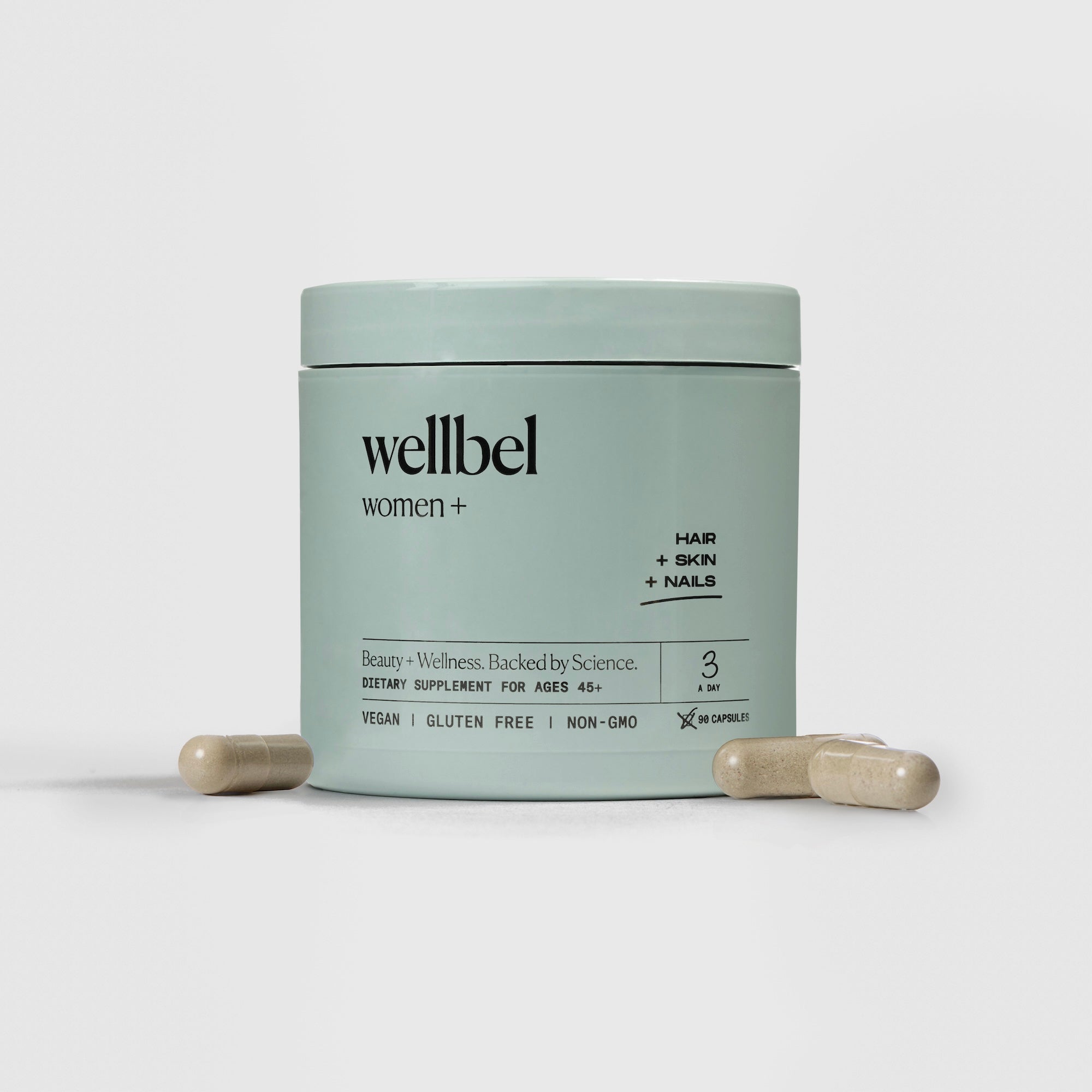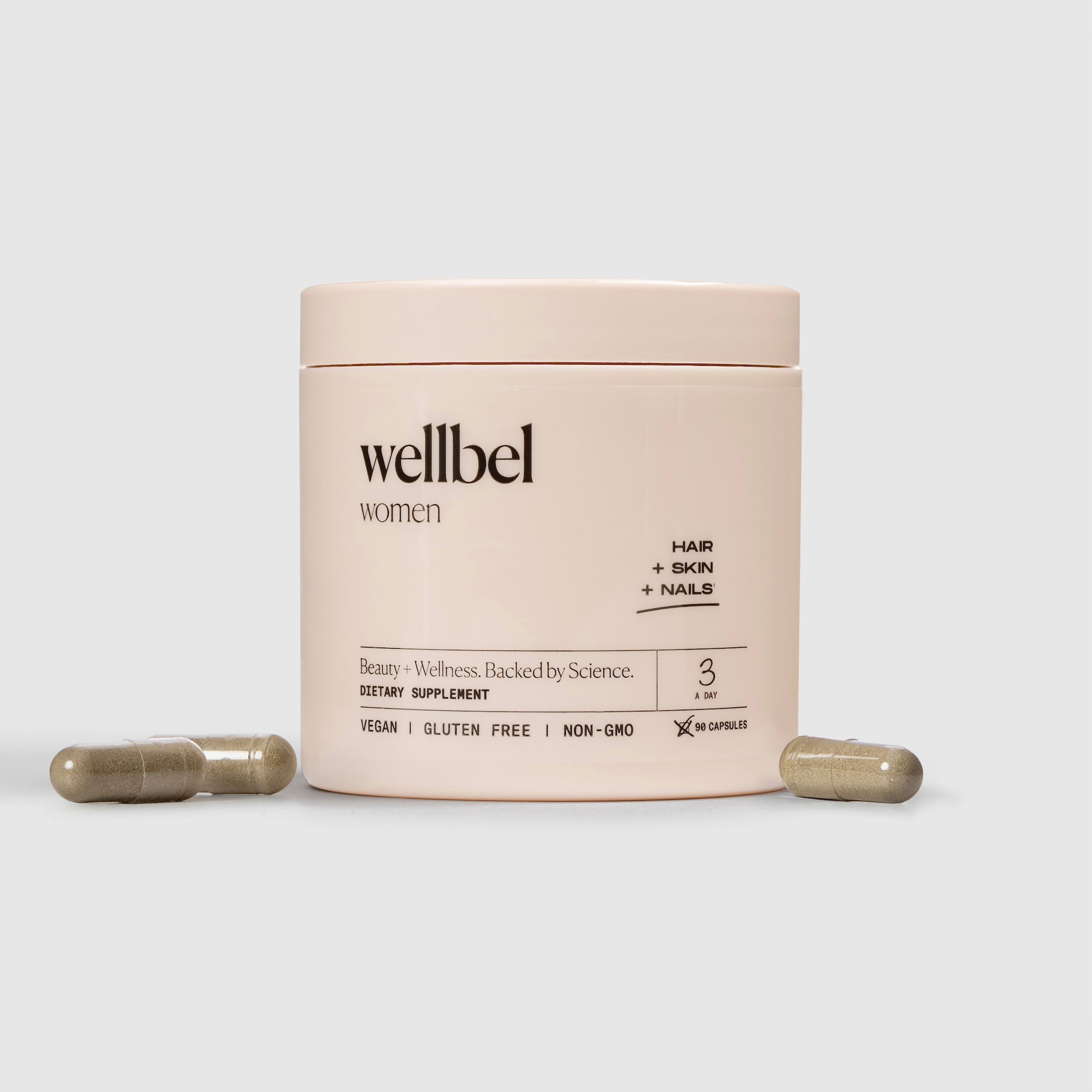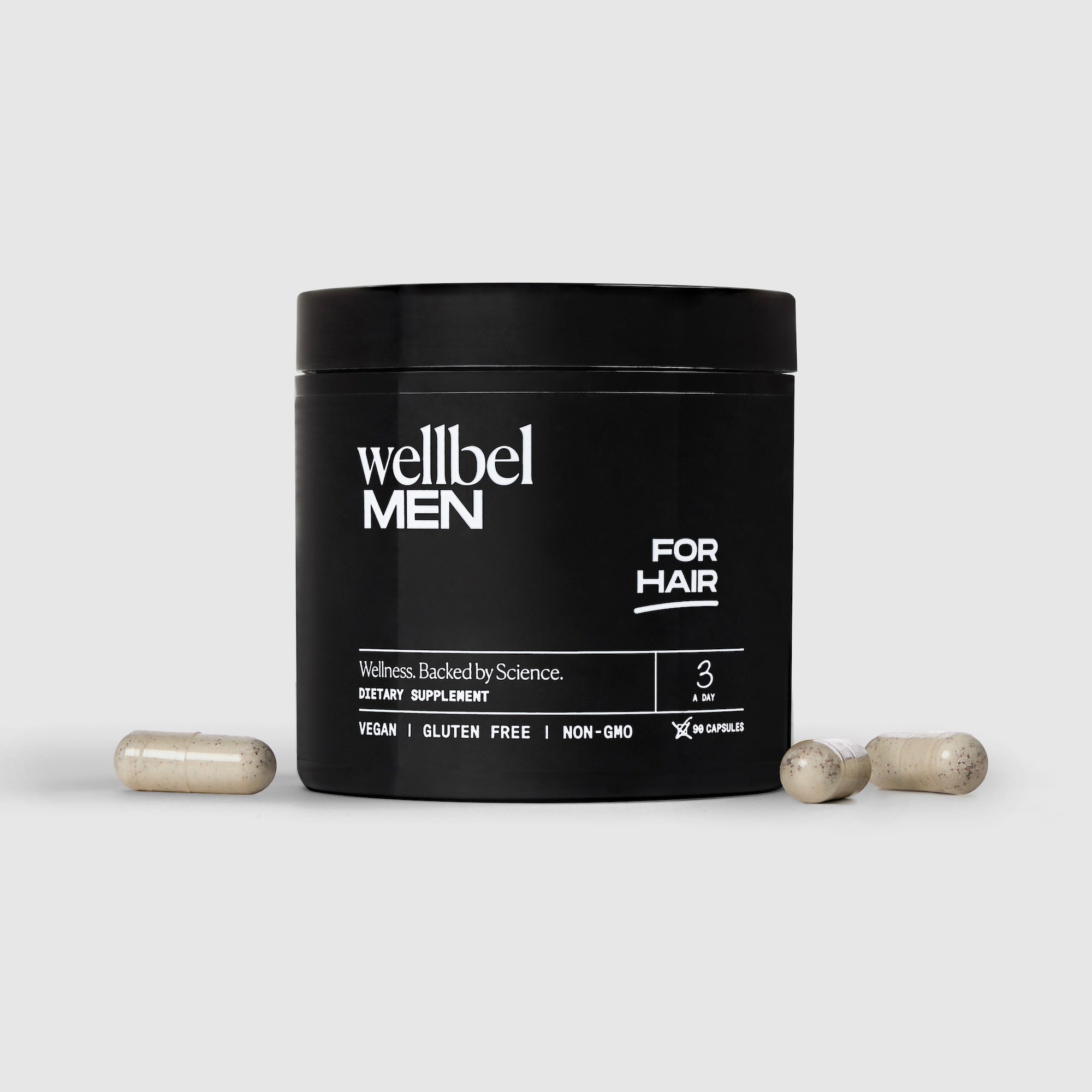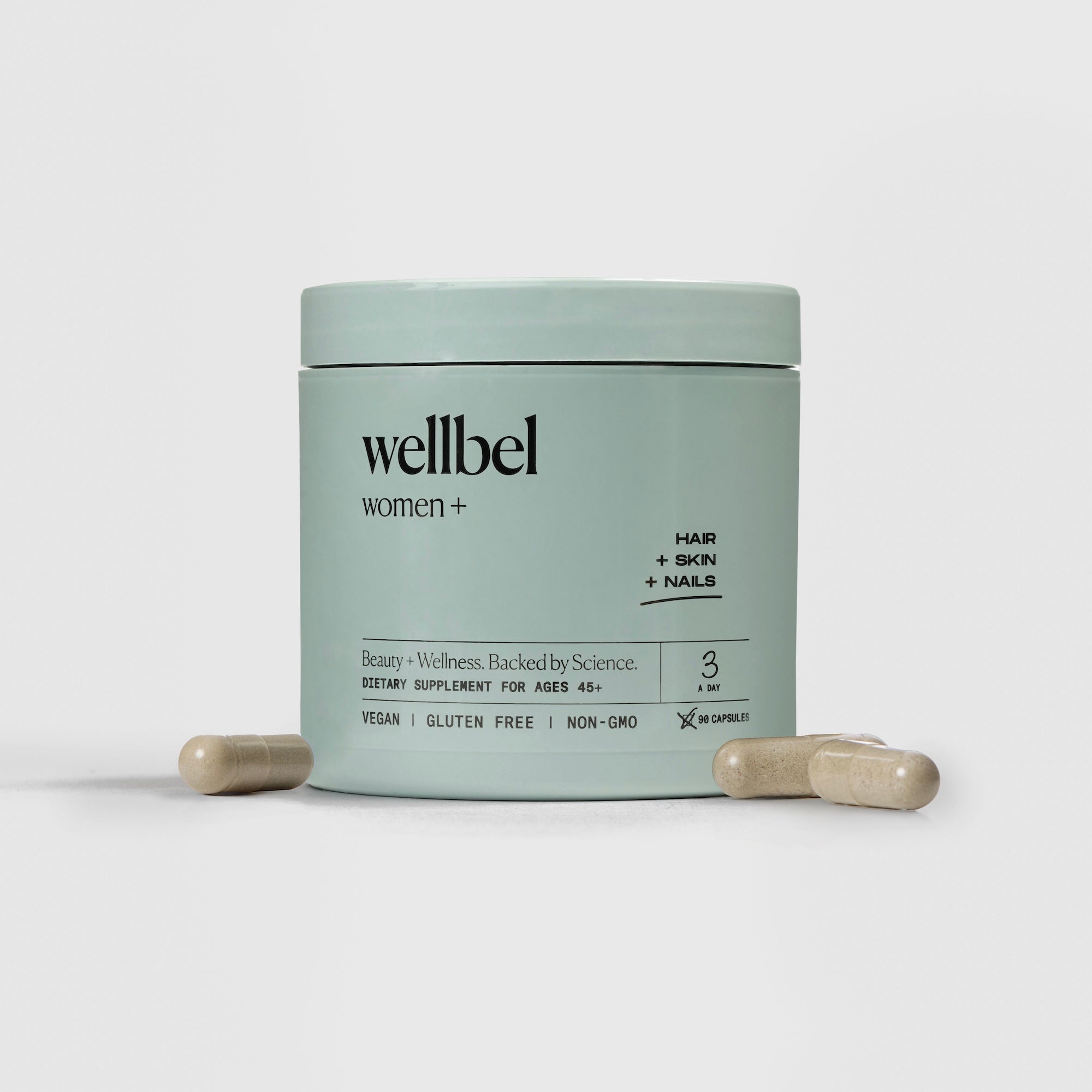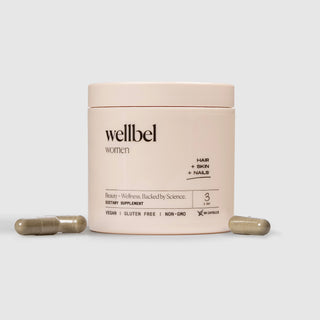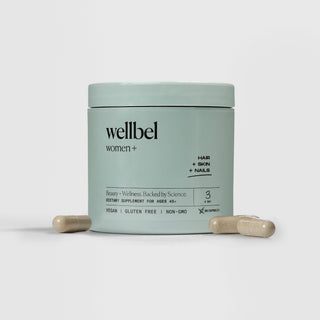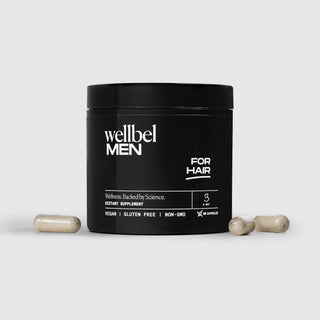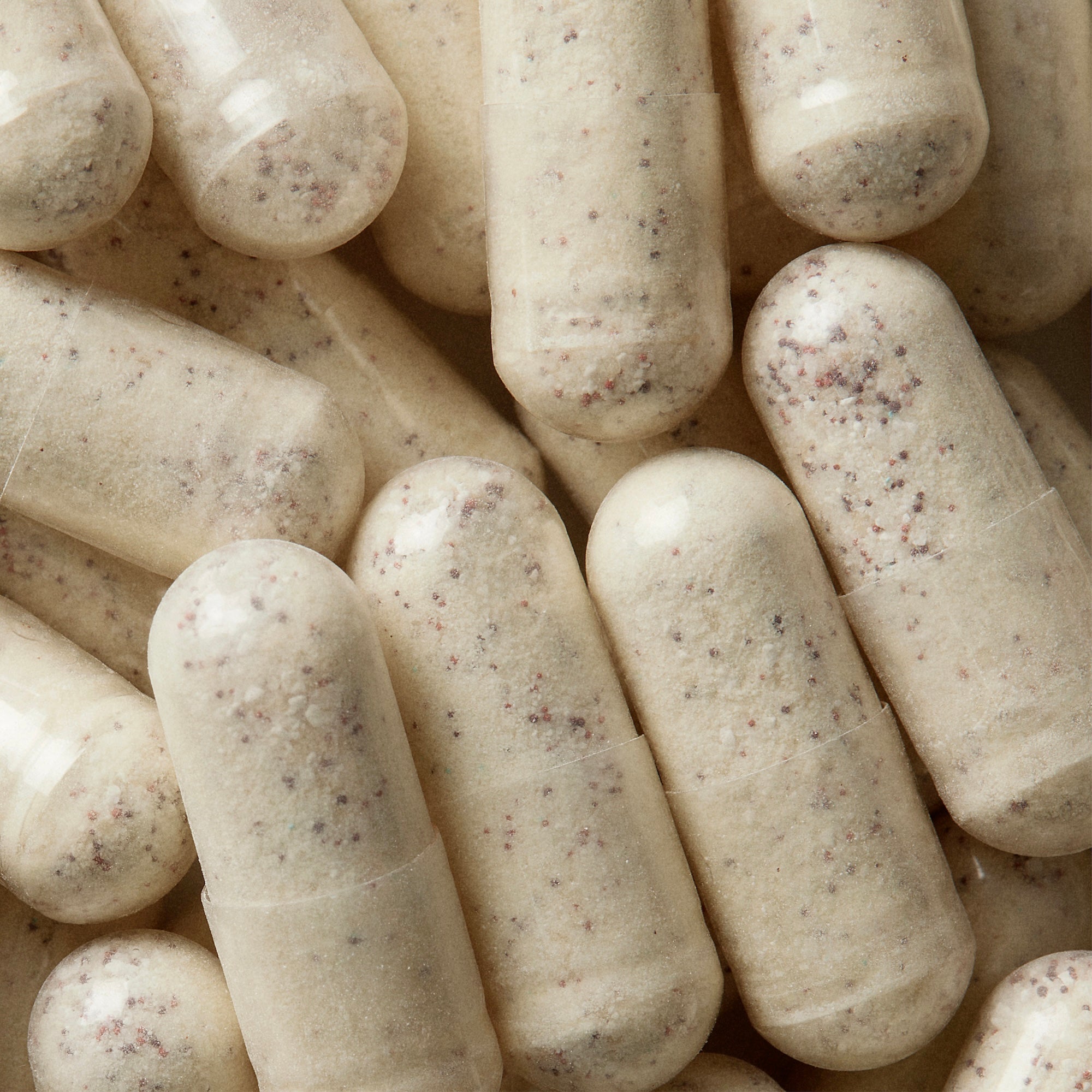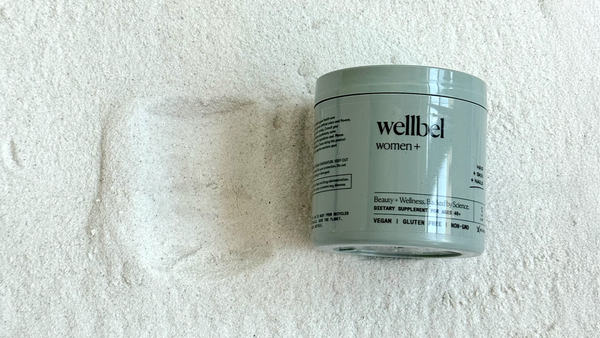Why Do Men Go Bald?
While society admires a man who can "pull off" the bald look, many men secretly hope they won't be one of them. But the truth is as many as 50% of men (that's 1 in 2!) will experience male pattern baldness before their 50th birthday.
While the vast majority of baldness is due to hereditary factors, there are things you can do to slow the balding process and support healthy hair follicles.
What causes baldness?
There are several reasons men experience loss of hair. Genetics plays the biggest role. Of course, your genetic disposition is out of your control, but other factors, like stress levels and lifestyle, aren’t, and changes to these areas of your life can slow or even minimize your degree of hair loss.
Genetics
When it comes to hair, you inherit more from your parents than just the color; you also inherit certain forms of hair loss, with male or female pattern baldness being the biggest.
There’s no one "baldness gene," but there are several inherited factors that can ultimately cause hereditary hair loss. The first is sensitivity to hormones. Studies have shown that certain people (and their hair follicles) are more sensitive to the hormone dihydrotestosterone or DHT. If you’re one of those people, even normal DHT hormone levels will cause your hair follicles to shrink until they get to the point where they are ultimately no longer producing hair strands at all.
Other studies have found a connection between common types of hair loss and your hip-to-height ratio or even the age at which your voice drops.
Age
With age comes wisdom. But for a majority of men, age also comes with thinner hair and other signs of hair loss. This is because as men age, hair pigment begins to get lighter (aka you go gray). These lighter strands also get thinner, and some hair follicles stop producing new hair altogether.
Along with this, your hair growth cycle slows with age, meaning your body is producing fewer new hairs than it was in your youth.
Stress
While you can't control your age or certain genetic factors, you can control your stress levels. And if you care about maintaining a thicker head of hair, it's important.
Stress not only affects your mental health and your immune system; it also affects your hormone levels, which in turn affect your hair growth and can cause stress-induced hair loss. Chronic stress or experiencing a particularly stressful or even dramatic event can cause your hair to go from the growth stage to the resting stage, meaning you are no longer producing new hair.
If you're concerned about your potential stress levels, talk to a healthcare professional and find a stress relief practice that works for you, whether that's going for long walks, practicing mindfulness or meditation, or picking up a new hobby. You may not only notice improvements in your hair health, but also in your daily life.
Medications
There are multiple types of medications that can have an effect on hair growth. For example, If you take medications to control high blood pressure or certain thyroid conditions, these can increase the levels of stress hormones in your body, which, as we just mentioned, can lead to hair thinning and temporary hair loss. Of course, this doesn’t mean you should stop taking any prescribed medications. But if hair thickness and hair preservation are a concern for you, talk with your doctor about how you can keep your hair healthy while also treating any current medical conditions.
Diet
There are several lifestyle choices that affect your head of hair, with diet being a big contributing factor.
Maintaining a balanced diet can help you maintain healthy hair growth throughout your life. When you’re not eating a healthy diet, you can experience nutritional deficiencies. These deficiencies (and, in particular, protein deficiencies) can lead to hair that’s thinner and more prone to breaking.
Key vitamins for healthy hair include protein, biotin, iron, and folate. You can get these naturally through foods like eggs, lean meats, and leafy greens, as well as hair-strengthening vitamin supplements.
Is all hair loss permanent?
No, not all hair loss is permanent hair loss. Certain types of hair loss, like male pattern baldness or hereditary hair loss, are most often permanent, though the age of onset and process of hair loss is different for every person.
A certain percentage of hair loss, though, is temporary and can be slowed or even reversed with the right intervention. Wearing tight hats in excess, for example, can pull on the hair follicles and cause hair to fall out. This can easily be remedied, though, by taking a break from hats or switching to a looser-fitting hat. Seasonal hair loss can also lead to excessive shedding during certain times of the year, but this shedding is usually not noticeable to other people and stops within a few weeks.
If you’re concerned about extensive hair loss or rapid hair loss, we would advise that it is best to speak with your doctor. They will help you determine the type of hair loss you’re experiencing and how you can manage it. Even in the case of permanent hair loss, many new hair loss treatments exist, such as hair transplants and other hair growth solutions. Your doctor will walk you through these treatments and help pinpoint which may be right for you.
Why don't women go bald?
While women don’t often go completely bald, they can experience female pattern hair loss. In fact, as many as 40% of women experience some kind of hair thinning before the age of 50, and many times this thinning is noticeable along the scalp or part line.
Some women with thinning hair pursue certain over-the-counter drugs, prescription topical treatments, and oral medications to help with hair regrowth, though, for many women, daily hair-supporting supplements and changes in both hairstyles and hair care routines can make a big difference.
Can hair loss be prevented?
If you have a genetic predisposition to baldness or hair loss, you likely can’t prevent it completely. But you can slow your body's natural process of hair loss through certain lifestyle choices, including:
-
Getting proper sleep and managing stress levels
-
Maintaining a healthy diet full of protein, folate, and other key vitamins for hair growth
-
Not wearing tight hats for extended periods of time
-
Using nourishing shampoo and conditioner and not washing your hair more than once a day
-
Massaging your scalp to increase blood circulation
Wellbel & Male Hair Health
At Wellbel, we understand the science of healthy hair, and the good news is this science is the same no matter your age, genetics, or hair type.
Using this science, we created a single solution for all men that nourishes thinning hair and supports hair preservation. That solution is Wellbel Men. Made with high-quality ingredients that are free of GMOs, these daily supplements were doctor-formulated to support thicker, fuller-looking hair. But don't just take our word for it! Hear what our hair community has to say about how Wellbel has helped them.

